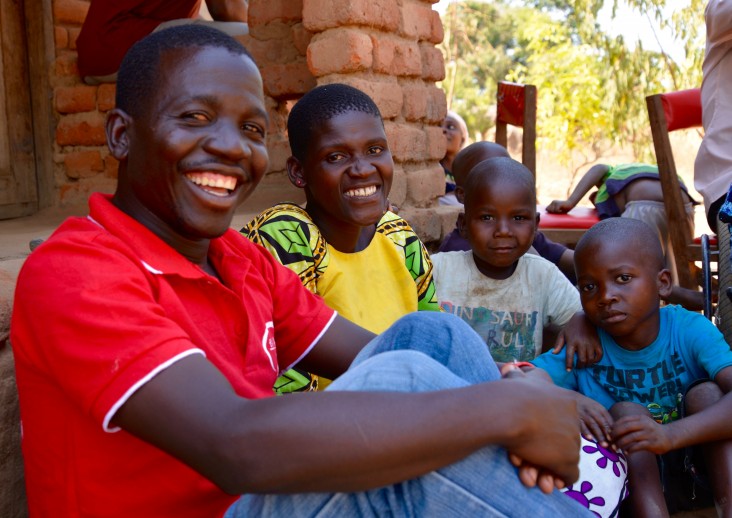
USAID collaborates with development partners and civil society to address rapid population growth, which remains a significant development challenge in Malawi. In fact, the population is expected to nearly triple by 2040 which will further stress the country’s overwhelming issue of food insecurity.
Family planning and reproductive health can help curb this population increase and enhance the overall wellbeing of the country. Family planning enables women to delay their first pregnancy and space later pregnancies at the safest intervals, reducing the rates of both high-risk pregnancies and maternal mortality. In addition, women who delay childbirth have more opportunities for education and employment, while families who have access to contraception and quality reproductive health services are better able to feed, clothe, educate, and provide health care for their children.
USAID works with Malawi’s Ministry of Health (MoH) to strengthen the Family Planning and Sexual and Reproductive Health Program (FP/SRH) and to implement the National Sexual Reproductive Health Strategy. In addition, USAID focuses on community-based distribution of a wide variety of family planning methods and works to improve secure access to long-term and permanent forms of contraception. Through these steps, USAID aims to increase contraceptive coverage rates among women of child-bearing age from 33 percent to 60 percent by 2020.
IMPACT
USAID encourages comprehensive and efficient programming of resources that expand voluntary contraceptive options and provide high-quality, sustainable family planning and reproductive health services. USAID has emphasized increasing youth access to family planning services; improving policy development with regards to FP/SRH; expanding service delivery; improving the mix of contraception options; and developing comprehensive communications messages.
IN FY 2015, USAID:
- Supported achievement of 2,527,465 Couple Years of Protection (CYP) by improving access to long acting and permanent methods of contraception. CYP is an estimate of the amount of time a couple will be protected from unwanted pregnancy based on the contraceptive method used.
- Supported the MoH in the area of supply chain management, resulting in reduced stock out rates in health: from 88 percent in FY13 to 21.9 percent in FY15.
- Developed advocacy and communication platforms targeting young people and religious and traditional leaders on FP/RH interventions, the risks of teenage pregnancy, and the benefits—to both girls and families—of delaying first birth.
- Supported and distributed a Youth Friendly Health Services assessment, which increased provider sensitivity to the FP/RH needs of Malawi’s youth and served as the basis for the development of a nationwide Youth Friendly Health Strategy for Malawi. Youth are a major underserved population for both Family Planning and Sexual and Reproductive Health services in Malawi.







Comment
Make a general inquiry or suggest an improvement.